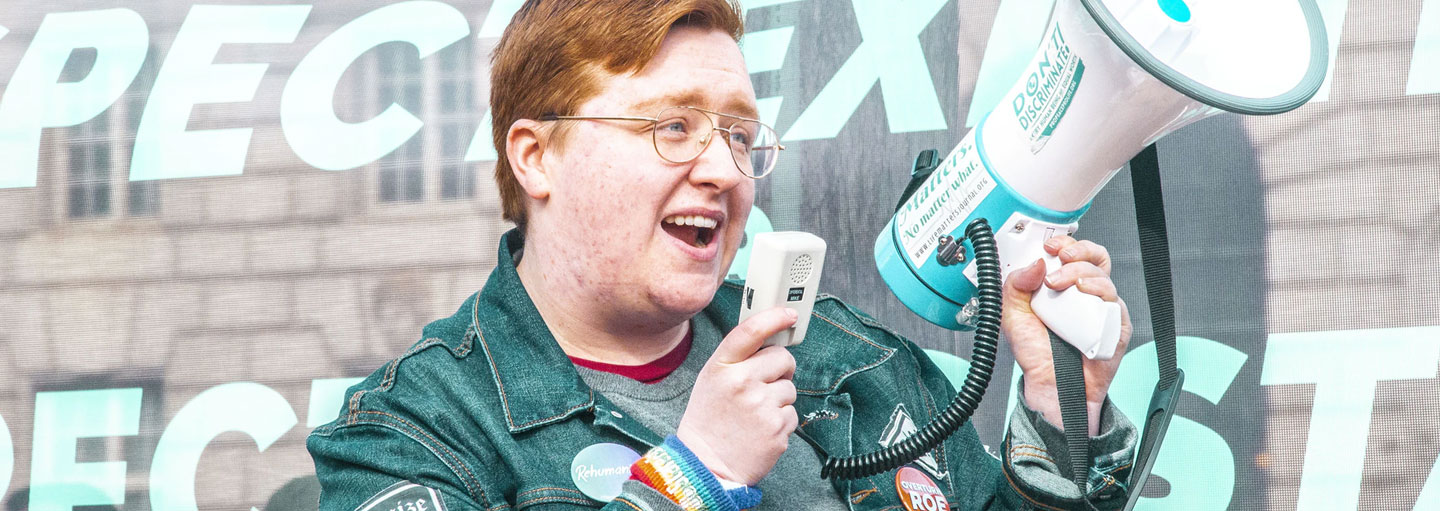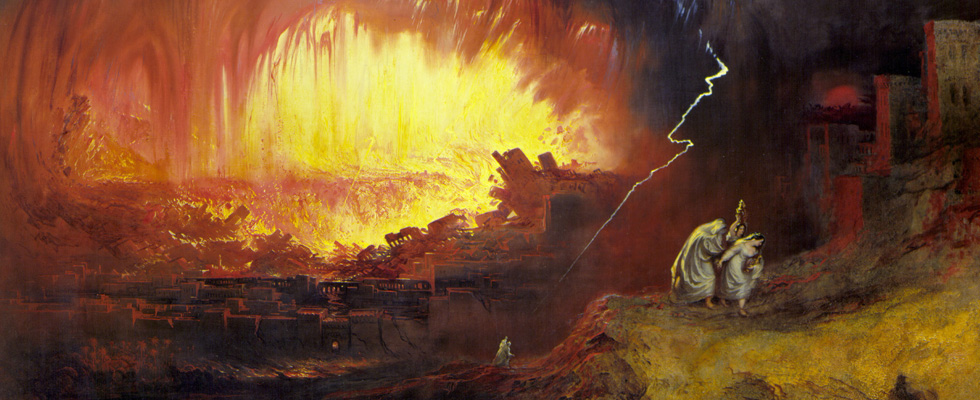There are some memes making the rounds on social media having to do with free speech, book banning, and so on. The gist of what they say is this: ‘Whenever you have books being banned, it is always the bad guys doing it’ – or something like that. And generally speaking I agree.
But like most memes and most short and confrontational statements, there is a mix of truth and error involved. Yes, for the most part, censorship and book bans are not good, and freedom of speech is a fundamental human right. But a bit of differentiation can be made, say, between an oppressive government censoring or destroying all books that are a threat to it, and a civilised society recognising that there are some limits to free speech.
Some of those limits are already covered in our libel and slander laws. Not being allowed to cry ‘fire’ in a crowded theatre is a noted case in point. And I have elsewhere tried to argue why some forms of censorship of certain things like hardcore pornography may well be a sensible course to take.
Here I want to take this general discussion in two particular directions. One is based on a recent social media discussion I was involved in, and the other one is based on a book I read last night. As to the former, a friend had posted a link to an article with this headline and opening sentences:
“Upset over LGBTQ books, a Michigan town defunds its library in tax vote… Voters in Jamestown Township, near Grand Rapids, rejected a renewal of an operations millage for the community’s public library Tuesday, leaving the library’s future in doubt. Those leading the effort said the library was indoctrinating children.”
He asked what people thought, so I offered the following comments:
It is just like school funding: if they end up used as indoctrination centres to stomp on the beliefs and values of most folks, then let them fund themselves, and not demand the taxpayer subsidise it. And this is NOT book banning – it is a question of holding public bodies accountable. I take it the same library does not allow books critical of the homosexual agenda, and so on. It is the same with OUR ABC – if they are not going to represent all taxpayers, then let those who like it pay for it, but do not make everyone have to pay for it against their wishes.
My friend responded by sharing how he had relatives who lived in Nazi Germany, and how censorship and book burning were the ugly norm there. To which I replied:
Sure, free speech is a vital social good – not to be taken lightly. But it is not absolute. And again, no one here is talking about burning books (although I have not yet read the article you link to). Private libraries can feature all sorts of crap I suppose, but public libraries should be accountable to the taxpayer. Turning them into propaganda centres is NOT being accountable but an abuse of its position as a taxpayer-funded institution.
I certainly see where my friend is coming from, and I too have very real concerns about totalitarian societies and the censorship of ideas, including books, music, plays, alternative political parties, and so on. Indeed, I have often written about this, looking more specifically at the Nazi book burnings. See here for an example.
But of course, it was not just the Nazis who were happy to toss tens of thousands of books into the flames. The Communists were just as expert at this and other forms of censorship. And that leads me to discuss a very important volume on Mao and the Chinese Communists. It is one of the vitally important “People’s Trilogy” by Frank Dikötter:
- The Tragedy of Liberation: A History of the Chinese Revolution 1945-1957
- Mao’s Great Famine: The History of China’s Most Devastating Catastrophe, 1958-62
- The Cultural Revolution: A People’s History, 1962-1976
It is the first volume I will deal with here (although all three will be discussed in future articles). In chapter 9 of the book, “Thought Reform,” Dikötter looks at book burnings and other forms of censorship practiced by the Communists. He says this:
With liberation, millions of students, teachers, professors, scientists and writers – in communist jargon termed ‘intellectuals’ – found themselves forced to prove their allegiance to the new regime. They were joined by compatriots who had returned from overseas to answer the call to serve the motherland. Like everybody else, they attended endless indoctrination classes to learn the new orthodoxy, studying official pamphlets, newspapers and textbooks. And like everyone else, they soon had to write their own confessions, making a clean breast of the past by ‘laying their hearts on the table’. They were asked to re-educate themselves, becoming New People to serve the New China.
This took many forms, with Christian universities shut down, most music banned, the majority of plays stopped, and loudspeakers everywhere constantly drilling into the heads of the masses the new, proper State-approved thinking. Movies as well were given the chop, or taken over for propaganda purposes: “Shanghai had been second only to Hollywood in terms of the film industry. But much of it was destroyed in the Second World War, and whatever vestiges remained the new regime swept away.”
And books were certainly consigned to the flames, big time. He writes:
With the literary inquisition came a great burning of books. In Shanghai, a total of 237 tonnes of books were destroyed or sold as scrap paper between January and December 1951. The Commercial Press, one of the largest in the country, had roughly 8,000 titles in print in the summer of 1950. A year later a mere 1,234 of these were considered acceptable for circulation. Lectures were given on ‘How We Should Dispose of Bad Books’. Sometimes entire collections were consigned to the flames, as with 17,000 cases of books from the famous anthology of literature masterpieces belonging to Wang Renqiu. In Shantou, one of the treaty ports opened to foreign trade in the nineteenth century, in May 1953 a giant bonfire lasting three days swallowed up 300,000 volumes representing ‘vestiges of the feudal past’. So eager were some cadres in charge of policing culture that they pulped anything they could lay their hands on, including books that were not even included in the black list – which, admittedly, was confusing as the list was endlessly amended. Thus in Beijing even the work of Sun Yat-sen, hailed as the father of the nation by the communist party, was taken off the shelves, while in 1954 the equivalent of a tonne of copies of a French tourist guide to Beijing was recycled.
He continues:
After September 1952, editors and publishers were required to register with the government and submit regular reports. Few classics of the country’s great literary heritage remained in print. . . . But most of all, thanks to relentless campaigns of thought reform, people themselves were careful to select reading material that was politically correct. Nobody wanted to run the risk of being infected with bourgeois poison when dreaded struggle sessions were bound to follow.
I could also quote from his volume on the Cultural Revolution to discuss more such horrific acts of brutality and repression, with even more book burning and the like happening in the following decade. All this is of course utterly repugnant and reprehensible.
And Soviet Communists did the same things, as have all godless Marxist regimes around the world. But there is a major difference between this and the other matter I have discussed here. One involves the Totalist State seeking to suppress all forms of independent thought and expression, banning and destroying everything it considers to be counter-revolutionary.
The other has to do with taxpayer-funded bodies being accountable to the public for the services they are providing. As mentioned above, concerned citizens can always help raise funding for such things if the general population in a given area is unhappy with the overall direction it is going in. No books are being burned and no laws are being passed preventing such literature from being available in various other places if need be.
It is the same with various works of art. While we want to see the arts flourish, some art can indeed be bad art – immoral or pornographic or offensive to most people. This art can still be viewed, but taxpayers should not be forced to subsidise it if they find it to be fully against their values and concerns.
Some amount of censorship, in other words, can have a place in a free society. Free speech is really vital, but there will always be some limits. Let me close this piece with the same words I used in my article that I linked above:
As one American commentator put it, “Censorship is a defining act of civilisation. Societies cannot exist without proscribing certain things. When we outlaw racial discrimination or drunk driving or price-fixing, we are defining who we are. And just because we proscribe drunk driving does not mean that we’re on the slope to forbidding driving. Only the weak-minded find it impossible to make simple distinctions.”
Or as G. K. Chesterton long ago said, “Art, like morality, consists of drawing a line somewhere.”
So, two and a half cheers for free speech!



















